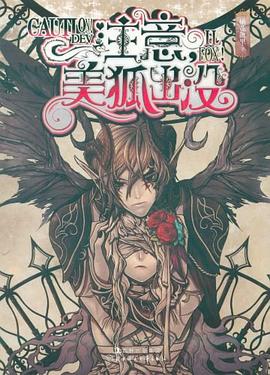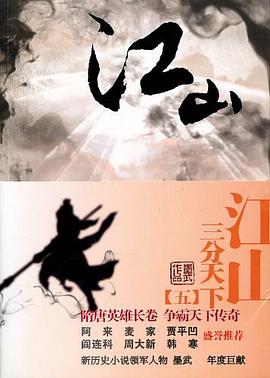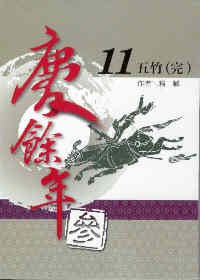

具體描述
Might-have-beens haunt this insightful narrative of a watershed in the history of Nazi Germany. MacDonogh (After the Reich) chronicles milestones in the development of a radicalized, expansionist Third Reich in the year 1938: the forcible annexation of Austria and the Sudetenland, the Kristallnacht pogrom and the purging of opposition figures in the government, army and church. He portrays these events not as an unfolding master plan but as a series of gambles by a sometimes chaotic Nazi regime plagued by infighting among Hitler's satraps, Wehrmacht coup plots, a collapsing economy (the Anschluss was motivated partly by a need to plunder Austria's treasury and raw materials), and jitters about foreign reaction. The Führer perseveres with theatrical bullying and nervy improvisations that are matched by the Western powers' appeasement; a tragic theme of MacDonogh's story is how easily a determined resistance, from within Germany or without, might have derailed Hitler's initiatives. Another is the callousness of the international community; much of the book follows the travails of Jews who faced closed doors when the Reich was eager to expel them. This well-researched, fine-grained study sketches the moral rot that made possible Hitler's rise. Photos.
用戶評價
##看完哭很久。 那一片國度已經成廢墟 我手握權柄站在仇恨裏 縱使披上瞭惡魔的外衣 唾棄中默默死去 半途的覺悟滿身風塵裏 封印瞭信念徒留一顆心 東歐寒冷的冰 她麵容清晰 帶血的軍裝一件件拋棄
評分##很驚訝自己也會看二戰文。不得不說這部以二戰為主旨的文,愛情絕對不是主綫。我第一次正式德國發起二戰的原因,瞭解德國戰敗後蘇聯進軍德國的一些可恥時間,知道那一場場戰役的名字。很好看~
評分##很、不、錯!我要再重新看一遍<<<<這本書是為數不多的買瞭實體書的
評分幸好主角還是開掛瞭…悲劇實在接受不能(另:外國人名真他媽難記
評分幸好主角還是開掛瞭…悲劇實在接受不能(另:外國人名真他媽難記
評分##非常好看!!瘋丟子的書總是淡化男女之情,但又在其他的描寫上非常齣彩!
評分##如果戰敗者能夠書寫曆史
評分##設定語言什麼的有點讓人脫力……但戰爭題材實在是大愛
評分幸好主角還是開掛瞭…悲劇實在接受不能(另:外國人名真他媽難記
相關圖書
本站所有內容均為互聯網搜尋引擎提供的公開搜索信息,本站不存儲任何數據與內容,任何內容與數據均與本站無關,如有需要請聯繫相關搜索引擎包括但不限於百度,google,bing,sogou 等
© 2026 windowsfront.com All Rights Reserved. 靜流書站 版權所有




















